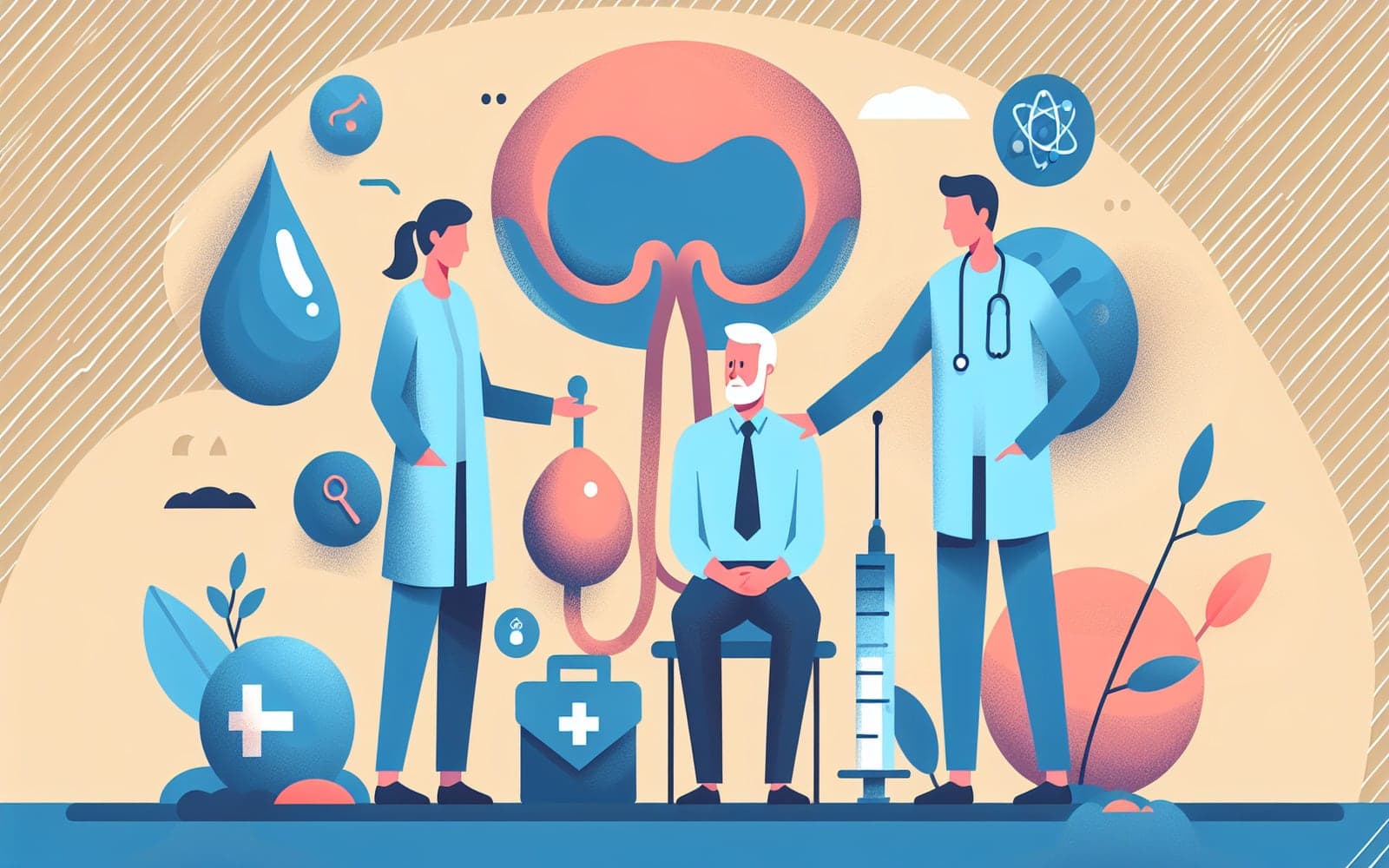Is Your Prostate Making Your Life Difficult? Understanding BPH
Published: May 22, 2024
Benign prostatic hyperplasia (BPH) is a common condition affecting aging men, characterized by an enlarged prostate that can cause urinary troubles. This article breaks down what BPH is and how it may impact your daily life.
Contents
What Exactly is BPH?
BPH stands for benign prostatic hyperplasia, which is a fancy term for the enlargement of the prostate gland. This condition is prevalent among older men, with many experiencing it after the age of 40. Despite its scary name, BPH is not cancerous, but it can lead to uncomfortable symptoms like frequent urination, especially at night.
Common Symptoms of BPH
Men with BPH often experience lower urinary tract symptoms such as a weak or slow urinary stream. Other signs include the urge to urinate frequently and waking up at night to pee, known as nocturia. While these symptoms can be bothersome, they don't always signal severe health issues.

Potential Complications
If left untreated, BPH can lead to more serious problems like urinary tract infections or bladder stones. Chronic urinary retention may also damage the kidneys over time. It's important to monitor symptoms and consult a healthcare provider if they worsen.
Frequently Asked Questions
BPH is the enlargement of the prostate gland common in aging men.
No, BPH is not cancerous.
Symptoms include frequent urination and a weak urinary stream.
Yes, it can cause urinary tract infections and kidney damage.
Key Takeaways
Understanding BPH and its symptoms can help in managing its impact on your life.
Get started by discussing BPH symptoms with Doctronic, your AI health advisor.Related Articles
References
Berry SJ, Coffey DS, Walsh PC, Ewing LL. The development of human benign prostatic hyperplasia with age. J Urol 1984; 132:474.
Always discuss health information with your healthcare provider.

